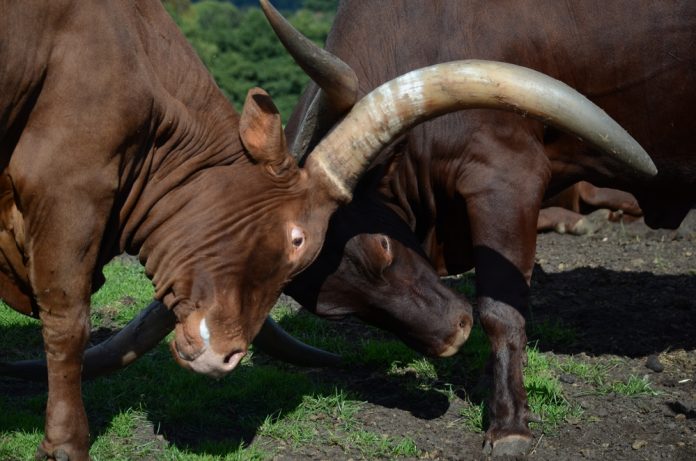A statement from the Chinese Embassy in the Philippines has lobbied the Philippine government to intensify action against offshore gambling activity.
The embassy has also distanced itself from having anything to do with the Philippine Offshore Gaming Operators (POGOs) sector.
It builds on the continued efforts of the Chinese government to warn citizens against gambling at overseas venues.
The statement from the embassy said: “Chinese law prohibits all forms of gambling. The Chinese government strictly cracks down on Chinese citizens engaging in gambling business abroad including POGOs. Ample evidence shows that POGOs breed serious crimes such as kidnapping for ransom, human trafficking and murder. POGOs are detrimental to both Philippine and Chinese interests and images as well as China-Philippines relations.
“In recent years, the Chinese and Philippine law enforcement agencies have maintained close communication and cooperation and conducted multiple joint operations to bring down cross-border gambling and telecom fraud. Since 2018, nearly 3000 Chinese citizens implicated in the cases have been repatriated with joint efforts of both sides. In the past year alone, China has assisted the Philippines in shutting down five POGOs hubs and repatriated nearly 1000 Chinese citizens.
“The vast majority of the Chinese citizens involved in these cases are victims of the Philippine offshore gambling industry. The Chinese government is committed to protecting the legitimate rights and interests of Chinese citizens.”
Earlier this year China also deepened ties with South Korea in the battle against cross-border gambling. It was reported by the Chinese media platform, People’s Daily, that law officials from both nations had held discussions around progress in enhancing the way law is upheld in the region and ensuring that collaboration continues in the battle against illicit gambling.
At the heart of the challenge will be the innovation in methods for detecting and combating cross-border gambling between the two east Asian countries.











